Pandemic Inspires First Time Gardeners
It’s no secret that many of us, over the past few months, have found ourselves with an unprecedented amount of free time on our hands. And, while there’s nothing wrong with spending that time binging comfort food or TV, some people have turned their attention to learning a new and vital skill: gardening.
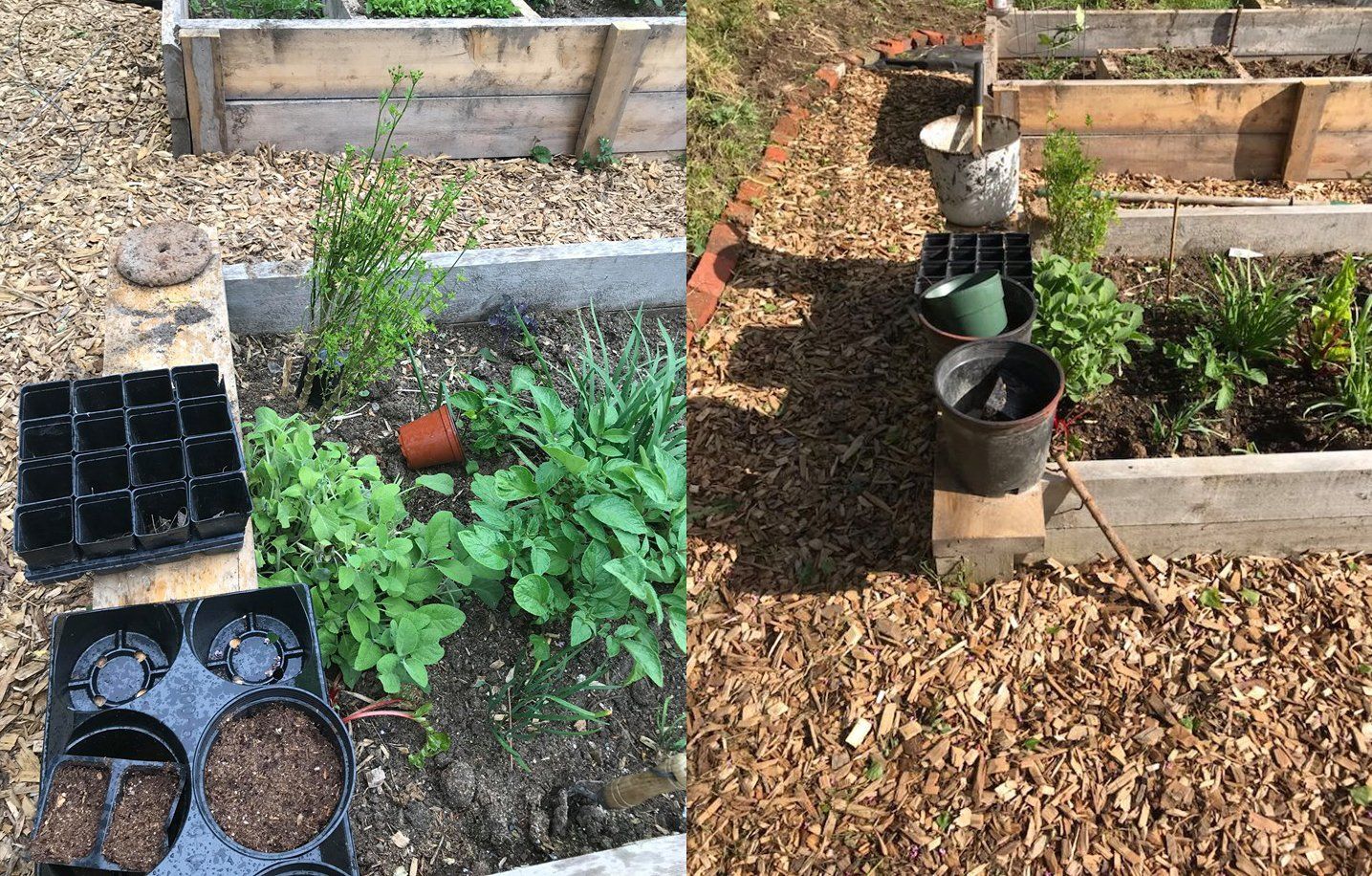
Beyond
being an outlet for pent-up energy, a cure for boredom, and a way to create a
sustainable food source, gardening is a wonderfully meditative activity. When
we wrote about Earth Day, we spoke about how important it is to notice and
engage with the environment immediately surrounding you; gardening allows you
to do just that, as well as giving you a way to let your mind wander away from
the troubles of the world.
We spoke with some Tacomans who are getting their hands dirty in the garden for the very first time. For Chris Sharp, the idea for starting a garden had been percolating in his head for a couple years. After building some boxes in his yard, though, nothing much came of it.
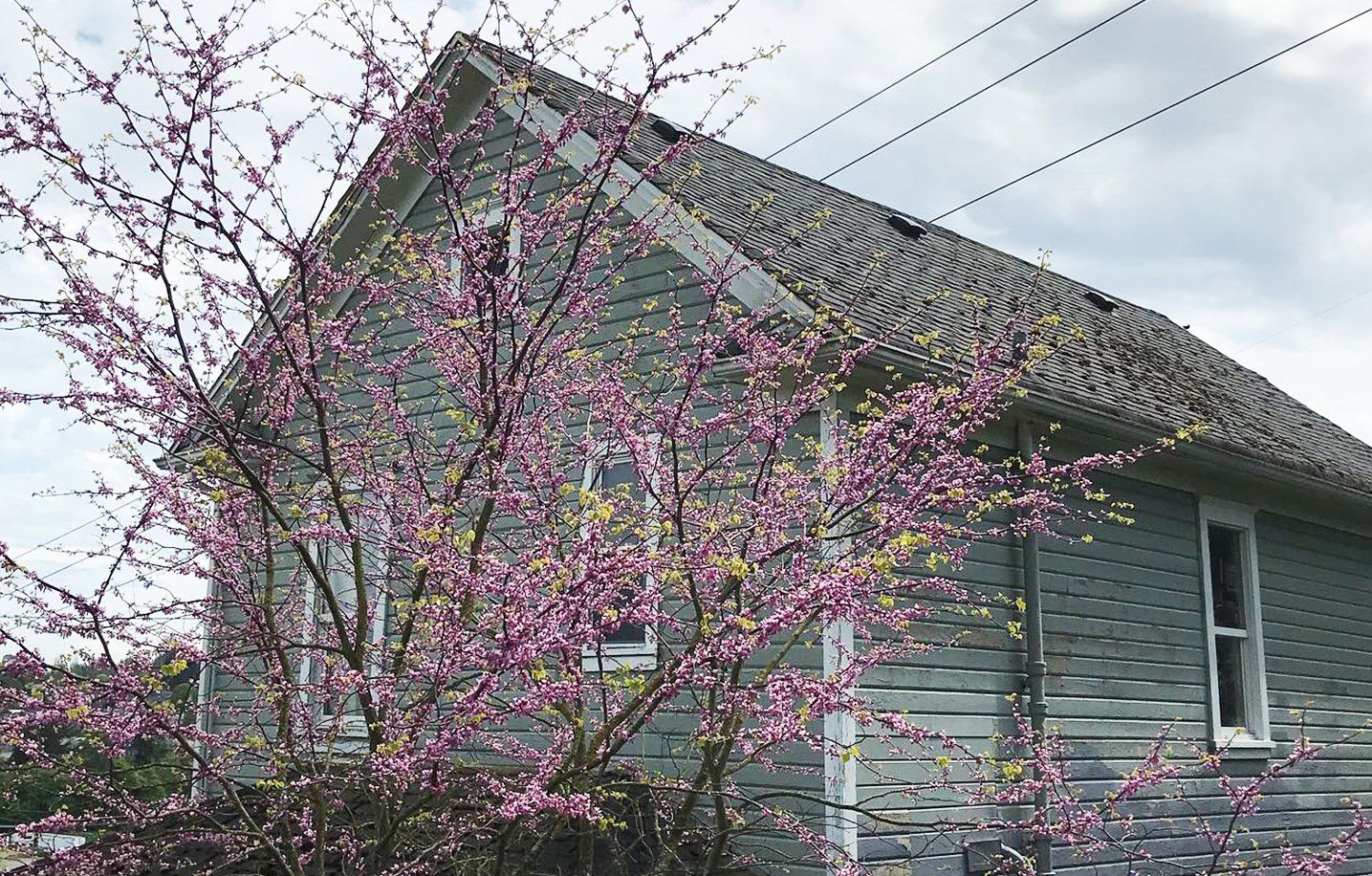
“I think, with the idea of being poor, and being able to grow my own food, I became more dedicated to it last summer,” says Sharp. “Now, with the white-knuckle panic that came with the pandemic, we have to do something, because we’re not going to work, and I don’t feel comfortable bustling around in the grocery store, shopping for produce. I feel like this is a nice way to divert my attention.”
“Now, with the white-knuckle panic that came with the pandemic, we have to do something, because we’re not going to work, and I don’t feel comfortable bustling around in the grocery store, shopping for produce. I feel like this is a nice way to divert my attention.”
Sharp has gotten started with onions, kale, potatoes, and some ornamental bushes delivered to him by his friend Nicole. For him, the process of gardening is as important as the end result.
“You’re with nature, and you’re nurturing beneficial plants, and it gives you sort of a break from your own reality,” says Sharp. “I‘ve been noticing the salal bush really starting to take off; it’s offered me some nostalgia, because those are some of the first bushes I learned to identify when I moved here as a little kid.”
Getting into the habit of tending his garden has started to change the way Sharp thinks about his home in general.
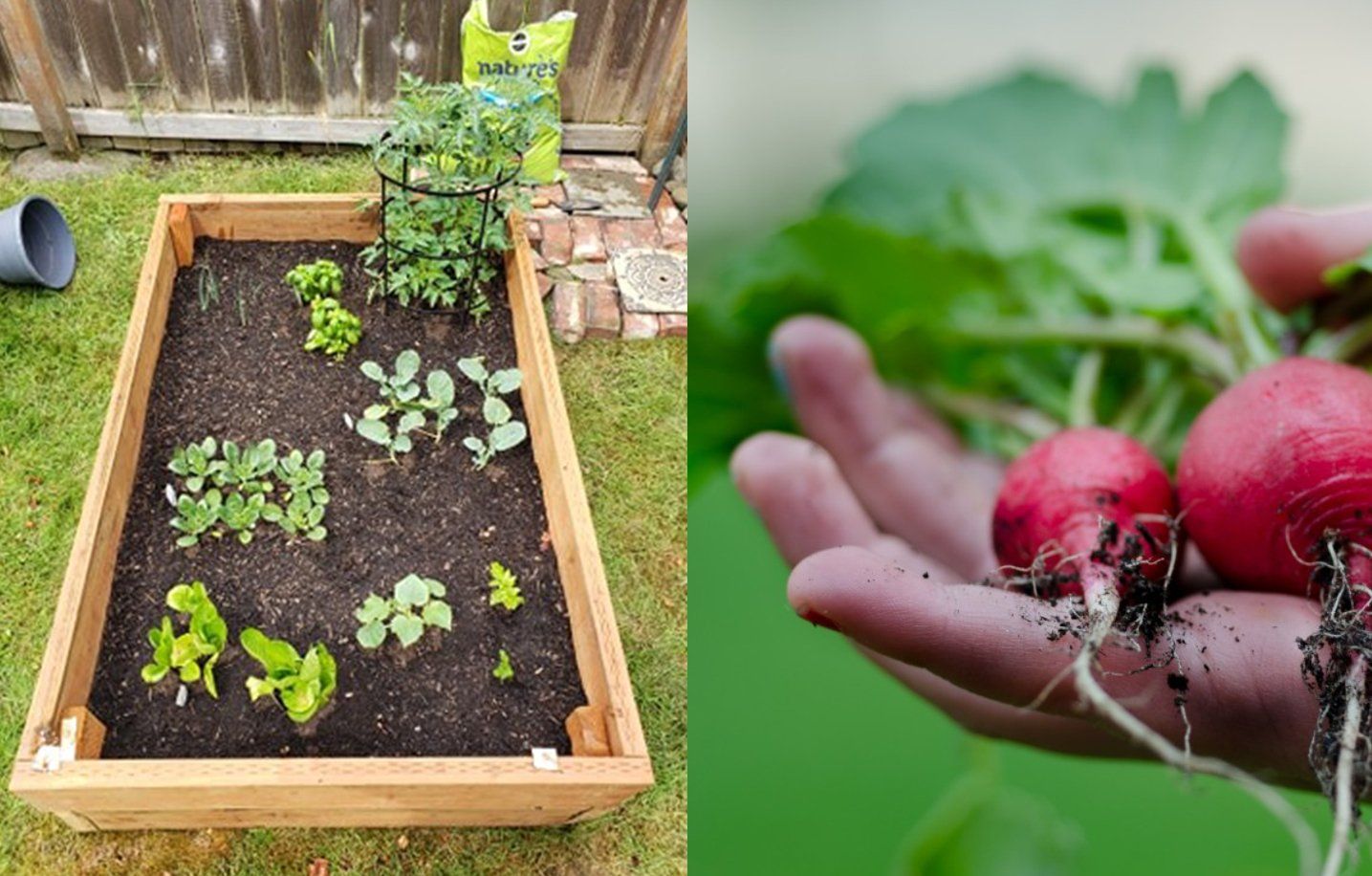
“There are these blackberries that I’ve basically been living under for years on end, which are really aggressive and invasive,” says Sharp. “My neighbor just moved into the home adjacent to mine, and he’s been cutting down his blackberries; I think, even away from the pandemic, I saw it as being a good neighbor to do the same with mine.”
Meanwhile, Ava King was also inspired by seeing so many people venturing out into their gardens in recent times.
“I have been trying to be more sustainable, trying not to rely on so many different things that are out there,” says King. “Because we’re not really able to go out, I thought, ‘Well, I’ve been making my own pickles, and my own cold brew, and my own kombucha, so why don’t I try to grow things?’ My mom and I used to do herbs and tomatoes, when I was younger, but I’ve never tried anything other than that. So, we planted some flowers a couple months ago, and I thought that if I could keep those alive, maybe I can grow some vegetables.”
After recruiting three friends to help her build a garden bed, King jumped straight in to the deep end to really get her garden up and running: cherry tomatoes, broccoli, cucumbers, celery, wheat, spinach, romaine lettuce, and basil. While that may seem like a lot at once, King approached the process cautiously.
“I know that I have a hard time keeping things alive, but I looked up stuff that would not be too hard to keep alive, and I looked up a chart of what should be planted next to each other to help them survive,” says King. “That helped keep my sense of how to get it going.”
When asked if gardening is something she’s likely to keep up when life gets back to a more normal place, King enthusiastically says that she’s already planning on building another garden bed.
“I know that I have a hard time keeping things alive, but I looked up stuff that would not be too hard to keep alive, and I looked up a chart of what should be planted next to each other to help them survive”
In addition to our beginners, we spoke with someone who is intimately familiar with the practice and science of gardening. Kale Iverson teaches plant biology and agriculture at Lincoln High School, and while the lockdown has necessitated that he stay home, he’s continued teaching his students remotely. By the very nature of his job, Iverson is uniquely adept at guiding beginners through the process of starting their first gardens.
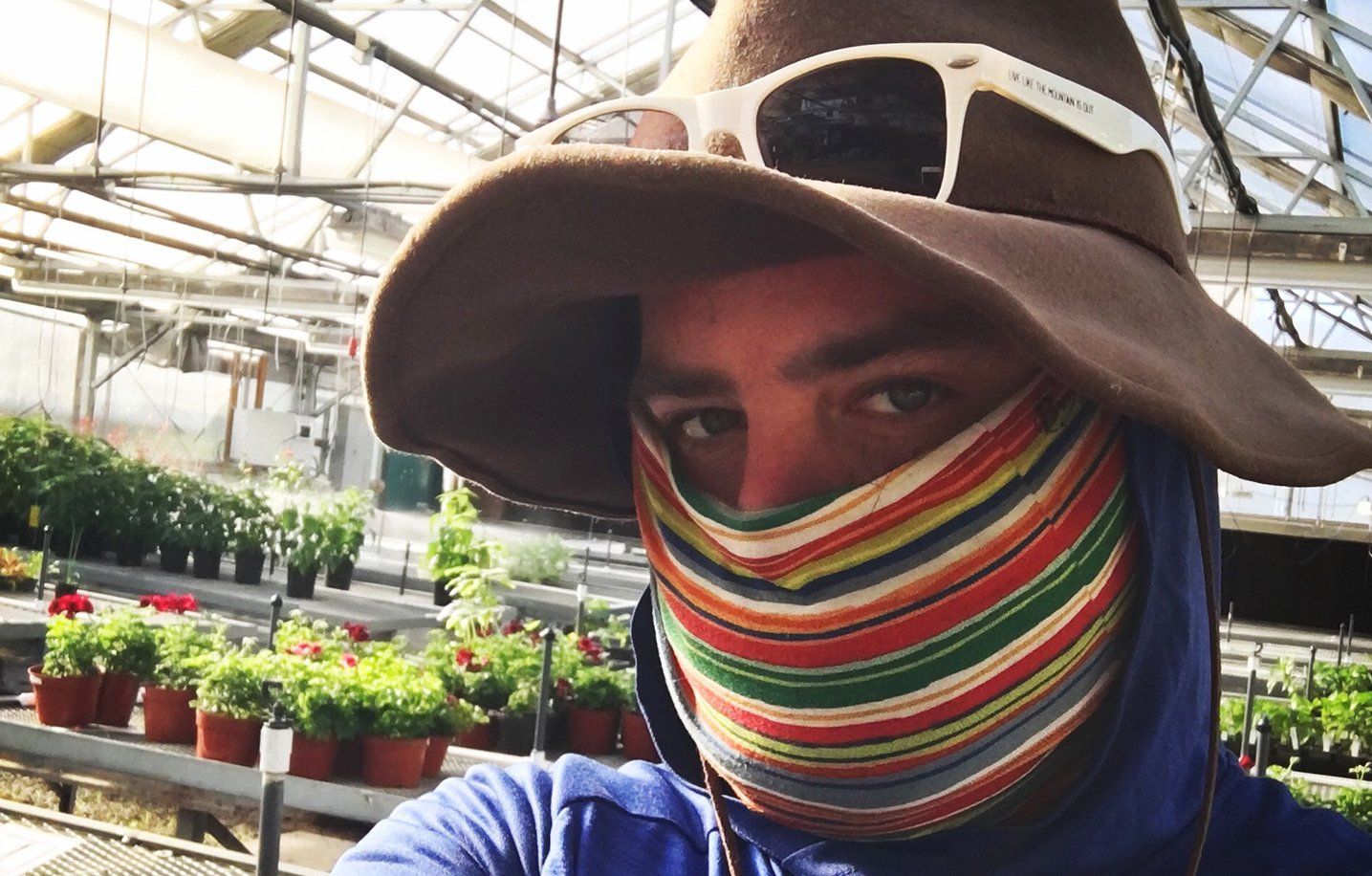
“I like to get an overview by asking what role plants play in their lives,” says Iverson. “It might be because I’m a science teacher or plant biology teacher, but I think that people are more likely to be successful growing stuff when it’s something they actually like -- either to look at, or to eat. You start there. What is a plant that you really like? What do you like to eat? What is a spice that you’d like to grow? You need to have that intrinsic motivation of growing something that you’d want to use.”
“I want to show people that the mysticism about having a ‘green thumb’ really isn’t about you having any special skills, but it’s about which plants you have and which sorts of areas to put them”
Iverson is also quick to offer that you can successfully grow plants in practically any situation. Only have a windowsill at your disposal? Maybe just a patio? Or one untouched piece of yard? There is something you can grow in any of those scenarios.
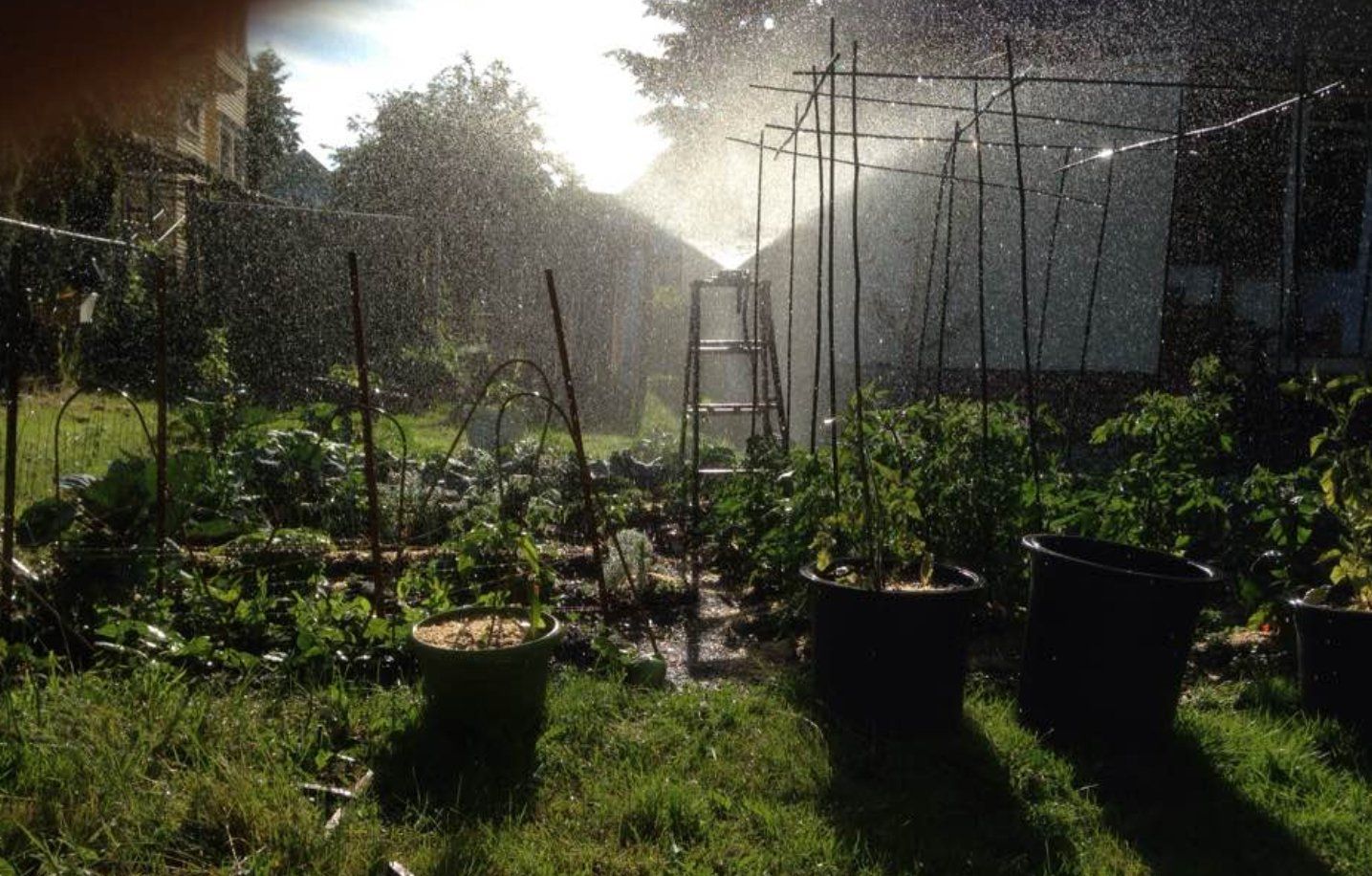
“I want to show people that the mysticism about having a ‘green thumb’ really isn’t about you having any special skills, but it’s about which plants you have and which sorts of areas to put them,” says Iverson. “When people get that burst of confidence, and know what they want to grow, and where it will do well, they’re more likely to believe that it’ll go well, and that decreases that fear of gardening for the first time.”
In a more general sense, Iverson has some practical advice for the novice gardener.
“To start people off, I’ll usually suggest we get some greens going, first,” says Iverson. “All of your herbs are pretty easy to grow; chives, oregano, thyme -- those can all grow in pots pretty much anywhere. Basil’s a little harder, because you have to wait a little bit. Lettuce and your basic greens -- these are things you can add to macaroni and cheese, or instant ramen, or any sort of budget meal.”
Regardless of whether you’ve been tending your garden for three weeks or 30 years, whether you’ve been beautifying your home with flowers or creating a sustainable network of vegetables, we’d love to see how your gardens are growing!





